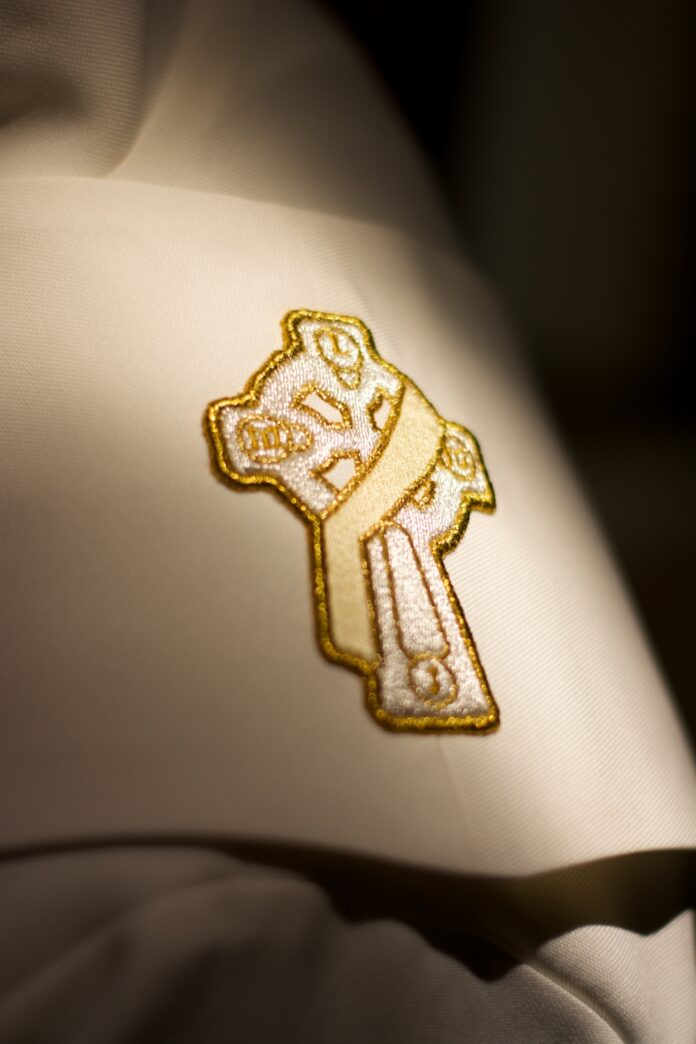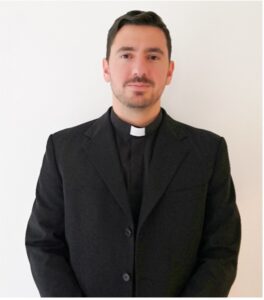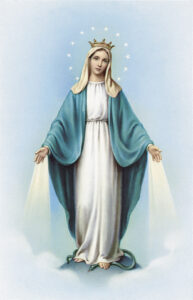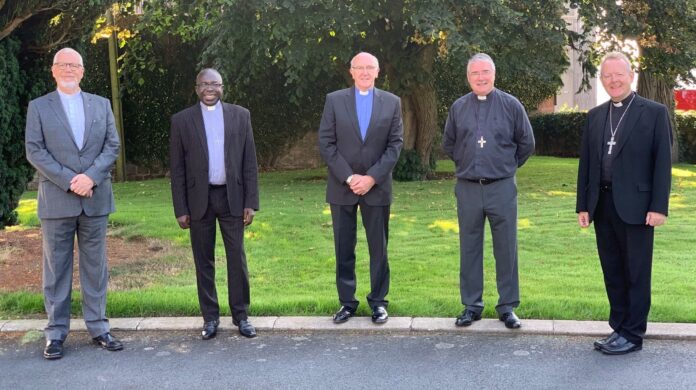Statement of the Autumn 2021 General Meeting of the Irish Catholic Bishops’ Conference
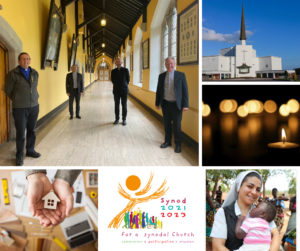 Members of the Irish Catholic Bishops’ Conference gathered in-person this week in Saint Patrick’s College, Maynooth, for their Autumn 2021 General Meeting. Due to public health restrictions arising from the Covid-19 pandemic, the Bishops’ Conference had hosted its previous five plenary meetings via video link. The President of the Conference is Archbishop Eamon Martin of Armagh and the Vice-President is Archbishop Dermot Farrell of Dublin. The main issues discussed by the bishops during their Autumn General Meeting included:
Members of the Irish Catholic Bishops’ Conference gathered in-person this week in Saint Patrick’s College, Maynooth, for their Autumn 2021 General Meeting. Due to public health restrictions arising from the Covid-19 pandemic, the Bishops’ Conference had hosted its previous five plenary meetings via video link. The President of the Conference is Archbishop Eamon Martin of Armagh and the Vice-President is Archbishop Dermot Farrell of Dublin. The main issues discussed by the bishops during their Autumn General Meeting included:
- Bishops’ pilgrimage to Knock and Mass in memory of all who died on the island during the Covid 19 pandemic
- Housing and homelessness
- Bishops call for climate action and support for the ‘Healthy Planet, Healthy People’ petition ahead of COP15 and COP26
- (i) Pope Francis to open Universal Synod on 9 and 10 October (ii) Update on the Synodal Pathway in Ireland
- Bishops call for funding for Family Addiction Support Networks
- RTÉ to broadcast Mass for World Mission Sunday on 24 October
- Bishops special appeal on 6 and 7 November to support Trócaire’s work to alleviate the humanitarian crisis in East Africa
- Appointments
- Bishops’ pilgrimage to Knock and Mass in memory of all who died on the island during the Covid-19 pandemic
During their meeting bishops reflected on the heartbreak suffered many thousands of families throughout Ireland who experienced the death of a loved one during the Covid-19 pandemic. In particular, bishops acknowledged the additional distress caused by the restrictions which, over the past nineteen months, limited the number of people who could mourn together and offer the customary supports at this most sensitive time for families. Bishops commended parishes across Ireland who have been arranging liturgical ceremonies for grieving families, and thereby enabling us to gather as a community of faith to pray for the repose of the souls of our deceased.
To pastorally support everyone who has suffered in this way, and in the context of November being the traditional time that we remember our dead, on Sunday 14 November at 3.00pm, the Bishops of Ireland will undertake a pilgrimage to the International Eucharistic and Marian Shrine in Knock, Co Mayo, in the Archdiocese of Tuam, to concelebrate Mass for all those who have died on the island, and for their families, during the pandemic. At the Mass bishops will offer prayers of thanksgiving for all those who so selflessly sacrificed so much during the pandemic. This Mass will be live-streamed on www.knockshrine.ie and broadcast on the RTÉ News Now digital television channel and online.
Bishops expressed their gratitude to the faithful for their prayers, sacrifice and perseverance during this difficult period for all of society. This commitment, along with the sterling efforts of our clergy, religious and frontline workers, has successfully served to protect human life and health.
Bishops reflected on how the crisis of housing and homelessness is a key social justice challenge for this generation. Catholic social teaching recognises that housing is a universal human right, with corresponding responsibilities on society to honour that right. Bishops discussed the recent correspondence from Mr Darragh O’Brien TD, Minister for Housing, Local Government and Heritage, on this issue. It is the bishops’ intention to respond to the Minister’s letter over the coming days.
- Bishops call for climate action and support for the ‘Healthy Planet, Healthy People’ petition ahead of COP15 and COP26
Bishops encourage the public to support a global campaign ‘Healthy Planet, Healthy People’, which seeks to encourage political leaders to take strong action on climate change at COP 15 on Biodiversity from 11 – 24 October and at COP26 on Climate Change in Glasgow from 31 October to 12 November. The ‘Healthy Planet, Healthy People’ petition, which has been endorsed by the Vatican, calls for a joined up, just response to the COVID 19, climate and biodiversity crises, see www.healthyplanetandpeople.org. Guidelines for completion of the petition are available by contacting Brenda Drumm on [email protected] or [email protected]
- (i) Pope Francis to open Universal Synod on 9 and 10 October (ii) Update on the Synodal Pathway in Ireland
During their 2020 Winter General Meeting, bishops decided to proceed along a Synodal Pathway and, following their Spring General Meeting, announced that anew Synodal Pathway for the Catholic Church in Ireland is to take place with a view to holding a national synodal assembly, or assemblies, within the next five years. Over 550 submissions have been received from the public as part of the initial phase of the Synodal Pathway. Dr Nicola Brady has been appointed as chair of the Synodal Steering Committee and the vice-chairs are Mr Andrew O’Callaghan and Bishop Brendan Leahy of Limerick.
By a happy coincidence, these first two years of the Synodal Pathway in Ireland will complement the Church’s worldwide journey towards the XVI Ordinary General Assembly of Bishops, entitled: For a synodal Church: communion, participation and mission. This weekend (9 and 10 October), Pope Francis will officially open the Universal Synod. The Holy Father has asked that the whole Church prepare for this Synod which is scheduled to take place in October 2023 in Rome.
In this regard, bishops welcomed the publication on 7 September, by the General Secretariat for the Synod in Rome, of the Preparatory Documentwhich indicates the guiding principles of the Synod on Synodality. Bishops agreed that, as the Church in Ireland embarks on its own Synodal Pathway, we can also look forward to letting ourselves be inspired by these guiding principles.
Bishops discussed this Preparatory Document, sharing in the goal of its listening process, namely, “not to produce documents, but to plant dreams, prophecies, and hopes.” For the initial preparatory phase of the Universal Synod, the fundamental questions put before us are:
- how does this ‘journeying together’ take place today on different levels (from the local level to the universal one), allowing the Church to proclaim the Gospel? and,
- what steps is the Spirit inviting us to take in order to grow as a synodal Church?
These global questions neatly complement the guiding question facing the Irish Synodal Pathway over the next five years, which is: “What does God want from the Church in Ireland at this time?”
The full membership of the Steering Committee and the Synodal Task Group for the Synodal Pathway will be published as part of the official launch in the coming weeks.
- Bishops call for funding for Family Addiction Support Networks
Bishop Michael Router, liaison bishop with the Irish Bishops’ Drugs Initiative, updated the Bishops’ Conference on his recent meeting with the Minister of State at the Department of Health, Mr Frank Feighan TD. Conference was advised that a commitment was sought from the Minister to end delays in funding to the regional Family Addiction Support Networks. FASN provides counselling, respite, education and an intimidation reporting service for families of addicts. In last year’s State budget €70,000 was promised to each of the regions for FASN, however, to date, this money has not been received by the organisation on the ground. The Minister has confirmed that the money has now been released to the Health Service Executive and that FASN were invited to apply for a share. Bishop Router will hold a further meeting in the coming weeks with Minister Feighan to seek to copper-fasten future funding for FASN in order “to help tackle the silent pandemic in Ireland that is drug abuse.”
Bishops called for appropriate funding for the Family Addiction Support Network and agreed to raise awareness about the devastating problems caused to individuals and families by all types of substance abuse as part of next year’s ‘Day of Prayer for Temperance’ on Sunday, 27 February 2022.
- RTÉ to broadcast Mass for World Mission Sunday on 24 October
As October is mission month, bishops remembered in prayer the work of our missionaries throughout the world. The official launch of the new name for the World Missions Ireland charity, Missio Ireland – which is Pope Francis’ official charity for overseas mission in Ireland – will take place at the Veritas Offices, Dublin, on 18 October next.
The theme for World Mission Sunday 2021 on 24 October is: ‘We Cannot Remain Silent – We cannot but speak about what we have seen and heard (Acts 4:20).’ On World Mission Sunday collections will take place at Masses throughout the Universal Church so that Catholics might give what they can to help support struggling dioceses in the developing world. The Mission Sunday collection promotes the work of missionaries in poor and remote communities. The funds raised will help build vital infrastructure, including churches, medical clinics, nurseries and schools.
Bishops commended Missio Ireland for its mission month pack for parishes and congregations and on its new website for donors and supporters. Father Michael O’Sullivan, M.Afr was thanked for his contribution to the National Mission Council as he shortly will leave his role of National Director of Missio Ireland. RTÉ will televise the celebration of Mass from its Donnybrook studios in Dublin at 11.00am for World Mission Sunday on 24 October, as well as broadcast on LW 252 and on RTÉ Radio 1 Extra. The celebrant will be Spiritan Missionary Father Brendan Carr and the Mass will bring together those involved in the overseas missionary outreach in the Catholic Church in Ireland: Misean Cara, the Association of Leaders of Missionaries and Religious of Ireland, and Missio Ireland.
- Bishops special appeal on 6 and 7 November to support Trócaire’s work to alleviate the humanitarian crisis in East Africa
Bishops noted with deep concern the increase in the number of people worldwide threatened by humanitarian crises, which are driven by the triple threat of the Covid-19 pandemic, conflict and climate change. Bishops expressed particular support for the people of East Africa, where up to 30 million people in Somalia, Ethiopia, Sudan, South Sudan, Kenya, Uganda and the Democratic Republic of the Congo are currently face life-threatening food shortages. Trócaire, as the overseas development agency of the Bishops’ Conference, is currently addressing this and many other crises worldwide. Bishops will ask parishes throughout Ireland to undertake a special Church collection on 6 and 7 November to invite the public to support Trócaire in its work to alleviate this humanitarian crisis in East Africa.
Bishops also discussed that in the countries where Trócaire works, less than 5% of the population have been vaccinated for Covid and infection rates are up to 50%. An additional 200 million people have fallen into poverty globally as a result of the Covid crisis. Bishops highlighted that wealthier countries, while protecting their most vulnerable citizens, also have a moral responsibility to ensure that the populations of developing countries have equal, rapid and effective access to Covid vaccine coverage.
Bishops welcomed the newest member of the Bishops’ Conference, Bishop Ger Nash, following his appointment by Pope Francis on 11 June as Bishop of Ferns. Bishops offered prayers for Bishop Denis Brennan, Bishop Emeritus of Ferns, so that he may enjoy a healthy and peaceful retirement.
Bishops also welcomed the appointments of Dr Alexander O’Hara as the new National Director for Catechetics, and of Father Paul Clayton-Lea as the new editor of Intercom magazine, the pastoral and liturgical resource of the Bishops’ Conference for people in ministry. Bishops thanked the outgoing editor Father John Cullen for this work and especially for maintaining the publication of Intercom during the pandemic.
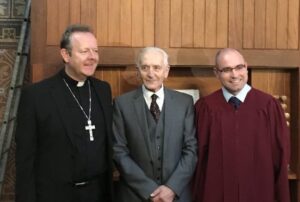



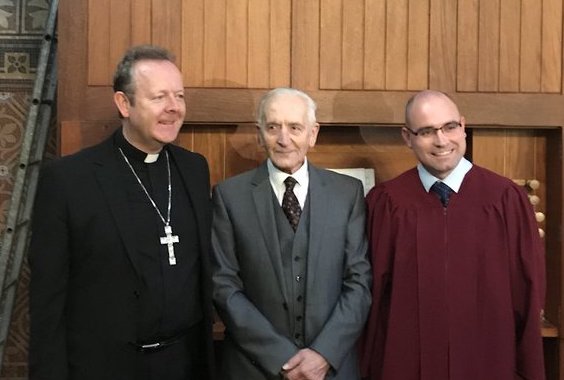
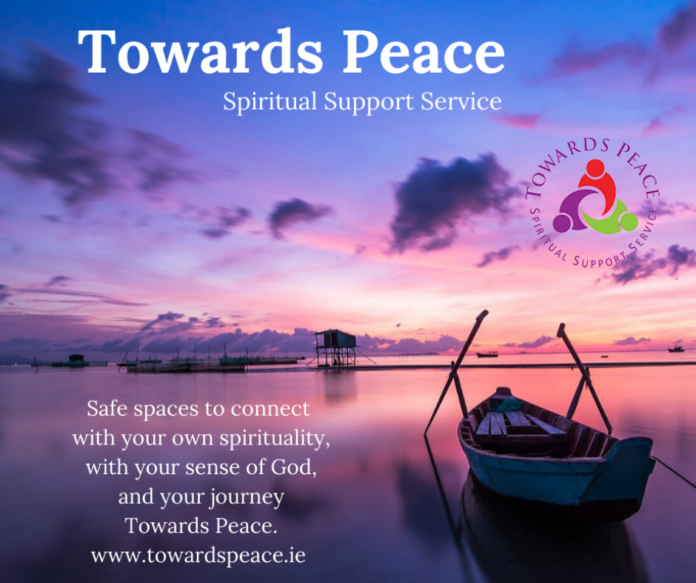
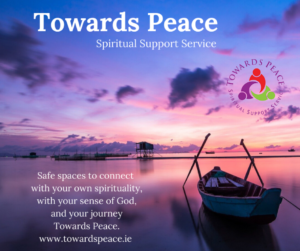 Towards Peace
Towards Peace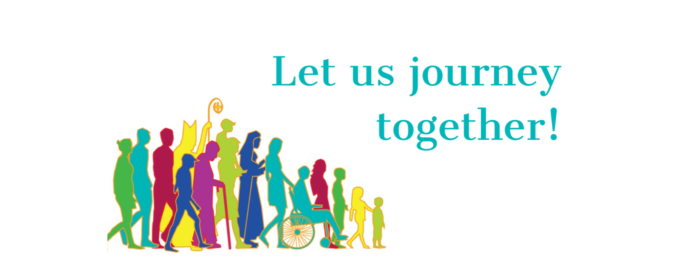
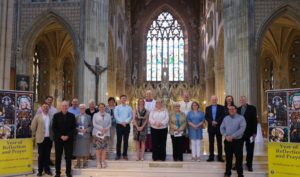
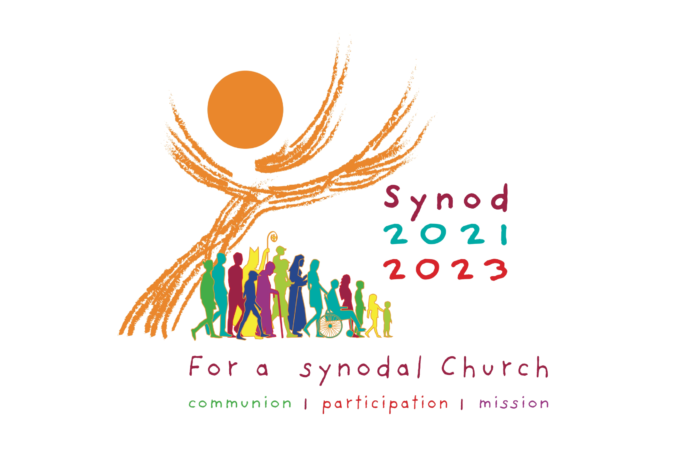
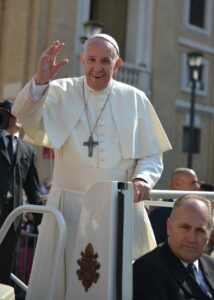 Pope Francis has launched a new time of reflection for the whole Church based on the theme & quote; For a synodal Church: Communion, Participation, Mission.
Pope Francis has launched a new time of reflection for the whole Church based on the theme & quote; For a synodal Church: Communion, Participation, Mission.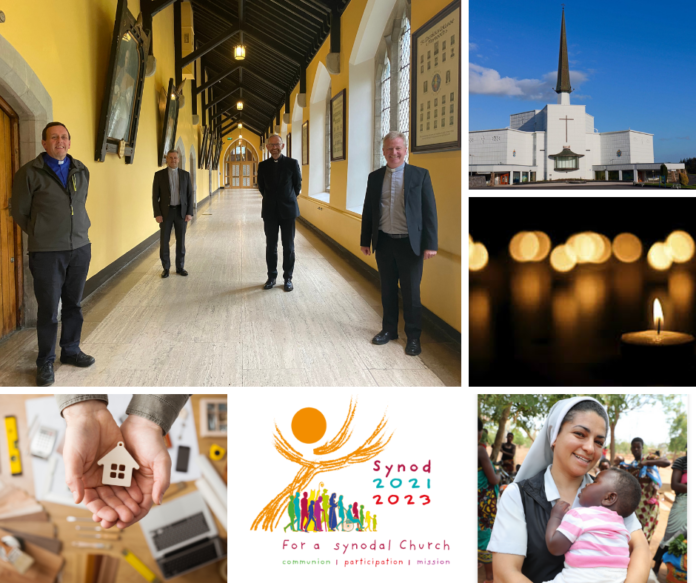
 Members of the Irish Catholic Bishops’ Conference gathered in-person this week in Saint Patrick’s College, Maynooth, for their Autumn 2021 General Meeting. Due to public health restrictions arising from the Covid-19 pandemic, the Bishops’ Conference had hosted its previous five plenary meetings via video link. The President of the Conference is Archbishop Eamon Martin of Armagh and the Vice-President is Archbishop Dermot Farrell of Dublin. The main issues discussed by the bishops during their Autumn General Meeting included:
Members of the Irish Catholic Bishops’ Conference gathered in-person this week in Saint Patrick’s College, Maynooth, for their Autumn 2021 General Meeting. Due to public health restrictions arising from the Covid-19 pandemic, the Bishops’ Conference had hosted its previous five plenary meetings via video link. The President of the Conference is Archbishop Eamon Martin of Armagh and the Vice-President is Archbishop Dermot Farrell of Dublin. The main issues discussed by the bishops during their Autumn General Meeting included: 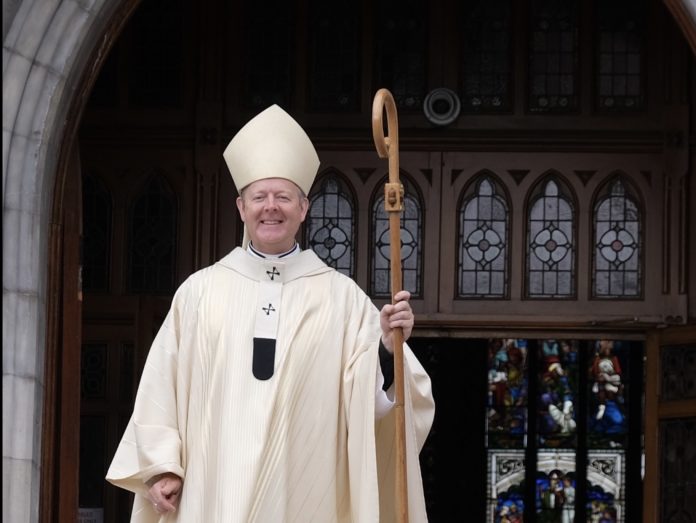
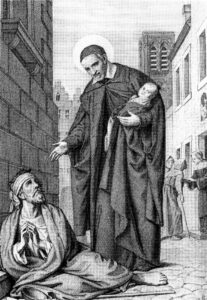
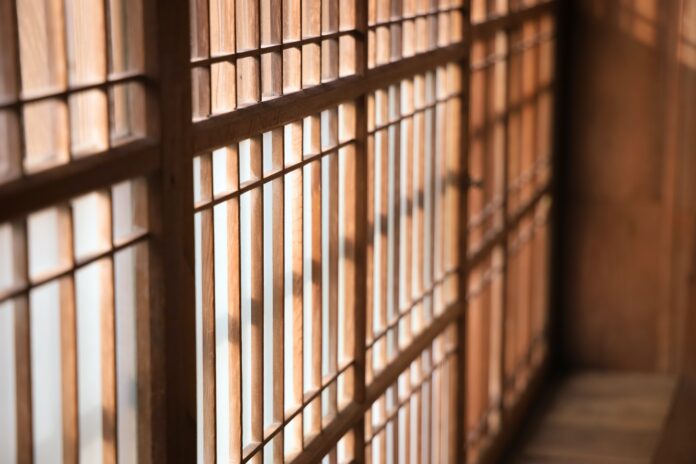
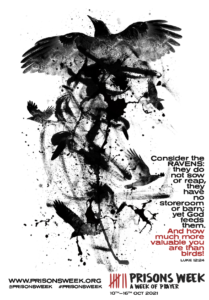 “Respair” is an Old English word which fell out of use many centuries ago but means “the return of hope after a period of despair”. The prayer tradition of lament helps us to make that journey from a dark place of pain, suffering, fear or sorrow to somewhere that the light can get in. Maybe only through a tiny crack to begin with but bringing a gradual dawning of hope and sense of God’s promise, that we are loved and will never be abandoned or alone. No matter how messy and difficult life becomes, God is never distant and longs for us to let him in.
“Respair” is an Old English word which fell out of use many centuries ago but means “the return of hope after a period of despair”. The prayer tradition of lament helps us to make that journey from a dark place of pain, suffering, fear or sorrow to somewhere that the light can get in. Maybe only through a tiny crack to begin with but bringing a gradual dawning of hope and sense of God’s promise, that we are loved and will never be abandoned or alone. No matter how messy and difficult life becomes, God is never distant and longs for us to let him in.